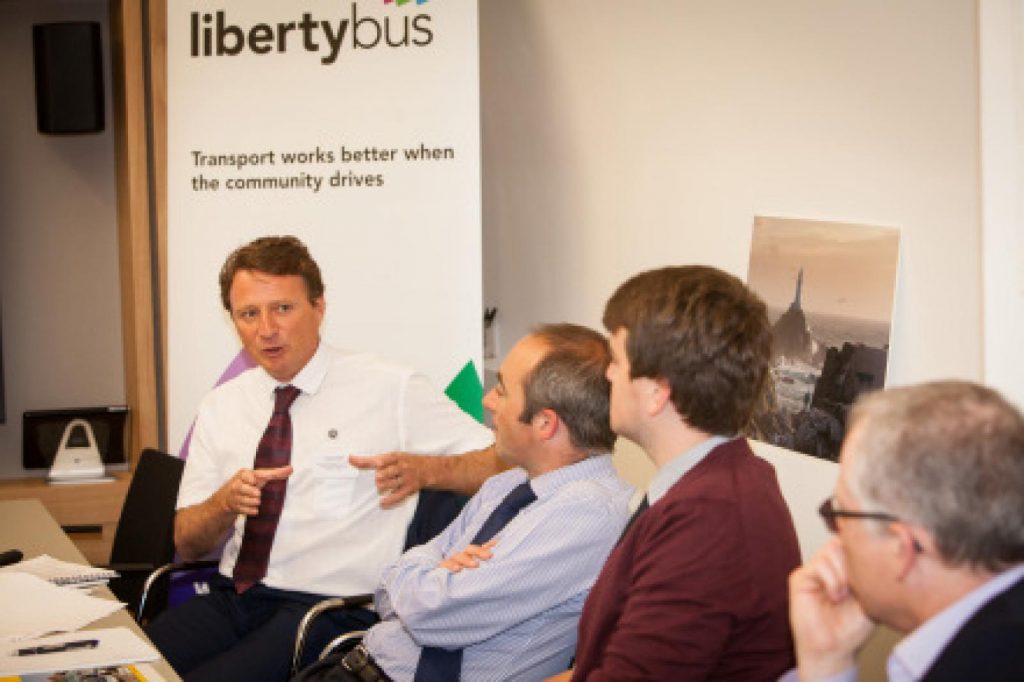We tried something different with the format for this event rather than the usual array of fifteen minute corporate presentations that most transport conferences rely on. Instead we gave much more time for a small number of speakers to really get into the detail of the topic through a series of masterclass sessions (in a way that over the course of the day everyone could attend all them). The sessions focused in detail on how our guest speakers had made franchising work in their own areas and ensured that everyone would go away with much more confidence that franchising can be done and done well. The day’s success also rested heavily on the great job that our speakers did in clearly explaining the context and the lessons learned. Everyone will go away from the event with their own takeaways but here’s the five key things I learned.
1. Franchising can deliver better services with more innovation and at less cost in a wide range of diverse circumstances. From a city that loves its cars and low density housing (like Perth in Australia) to a prosperous island with high car ownership like Jersey as well as the bicycle capital of the western world, Groningen, in the Netherlands. The idea that’s sometimes put about in the UK that franchising is only for the largest cities is nonsense – it can work anywhere.
2. Planning and procuring bus services is not putting an astronaut on Mars. Buses run between obvious places and you determine the fares structure that people pay to use those services. Get it wrong and you can tweak it relatively quickly and easily (not so easy to move a rapid transit rail service if you put it in the wrong place). However you still need to apply intelligence and common sense on both the principles and the details. From depots to staffing and from IT systems to how you assess tender bids. It all requires careful thought and…
3. …you would also be well advised to learn from those who have done it. There is really no substitute for talking to people who have thought all this through in their own part of the world, learnt the hard way what to do and what not to do and have got a thriving bus service at the end of it. Which is what the event was all about of course.
4. Have the guts not to go for the lowest bid if the numbers and the quality don’t stack up. The maxim ‘if it looks too good to be true it is too good to be true’ applies to franchising like anything else. Not always easy for the public sector to reject the cheapest bid. But there are many instances around the world of authorities feeling good in the short term for driving a hard bargain but repenting at leisure over a much longer period of time as the cheap bid unravels in the form of poor service and an operator demanding more money to keep the show on the road.
5. Having an operator who, for whatever, reason really want the franchise to work helps a lot. It could be because they are hungry for it and building a reputation, it could be because they have the track record.
Whatever the reason – it’s best to be confident that the people on the other side of the table care as much about a reputation building outcome as you do. Follow this link to download all the presentations from the conference.
